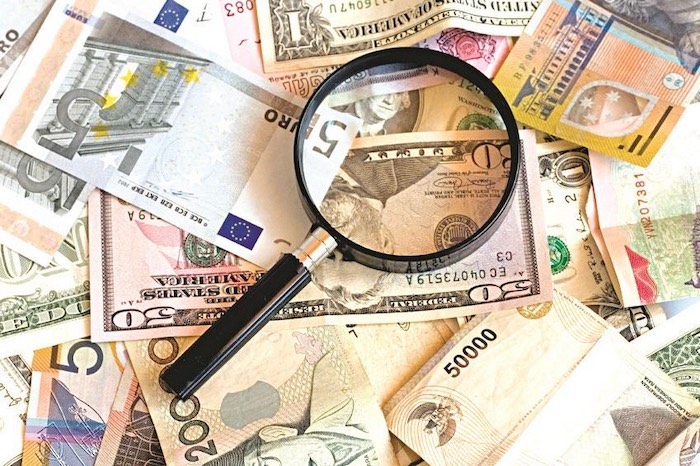Counterfeiting and promoting fake currency is a serious crime that undermines the national economy, erodes confidence in the financial system, and contributes directly to inflation. This criminal activity can also lead to related crimes such as fraud and money laundering, further damaging the economy. The Sultanate of Oman is committed to combatting currency counterfeiting and promoting counterfeit currencies by strengthening security measures, prevention strategies, and raising community awareness. Brigadier Jamal bin Habib Al-Quraishi, Director General of Investigations and Criminal Investigations at the Royal Oman Police (ROP), highlighted the importance of dedicating significant resources to combating all crimes, including currency counterfeiting, to reduce its risks to individuals and society.
During the first half of this year, no reports of currency counterfeiting were detected within Oman. However, fraudulent methods promoting counterfeit currencies, such as fake commercial advertisements offering attractive exchange rates for counterfeit foreign currencies, are more common. People looking for quick wealth often fall victim to these schemes only to later discover they have been defrauded. Furthermore, non-counterfeit foreign currencies from decommissioned issuing countries are also promoted for exchange, leading victims to realize their currencies are worthless. These criminal activities highlight the need for increased awareness and vigilance within the community.
In terms of detecting counterfeit currency, Brigadier Al-Quraishi explained that official state documents like passports, identification cards, and banknotes contain various technical security features to protect them from forgery. The Royal Oman Police’s Criminal Laboratory plays a vital role in detecting counterfeit currencies, whether domestic or foreign, through specialized experts using the latest technologies and devices. International collaboration is also crucial in combating currency counterfeiting, with coordination between the ROP and Interpol allowing for the exchange of information, expertise, and tools for law enforcement agencies to detect and investigate counterfeiting crimes.
The Omani Penal Code addresses currency counterfeiting in Article 175, prescribing punishments for those who counterfeit, forge, or falsify legally circulating paper or metal currency. Those found guilty face imprisonment for not less than five years and not more than 15 years, with a minimum 10-year sentence applicable if the crime causes a decline in the national currency’s value or disrupts market credit. Public awareness efforts by the ROP, in coordination with the Department of Public Relations and Security Media, include lectures, awareness programs for various segments of society, publications on official ROP social media accounts, and participation in televised and radio discussions to educate the public about currency counterfeiting crimes and the importance of reporting suspicious activities.
Brigadier Al-Quraishi commended citizens and residents for their awareness of the dangers of counterfeiting and their cooperation with authorities in reporting suspicious activities. He urged the public not to be misled by false advertisements promoting the exchange of counterfeit foreign currencies at attractive rates. By working together and remaining vigilant, individuals can help combat currency counterfeiting and promote a safer financial environment in Oman. The Sultanate’s commitment to utilizing all available resources to combat counterfeiting and promoting counterfeit currencies demonstrates its dedication to protecting the national economy and ensuring the safety and security of its citizens.











